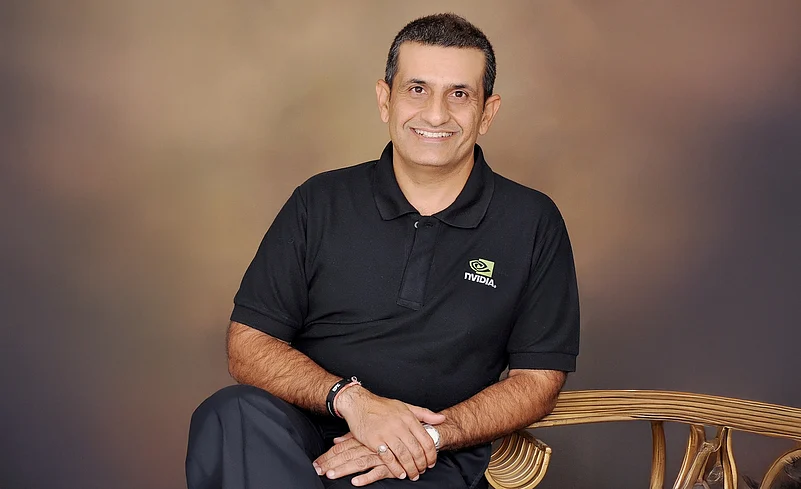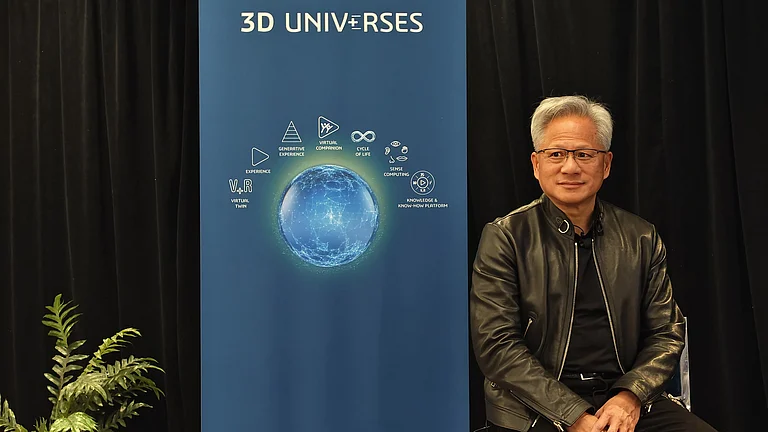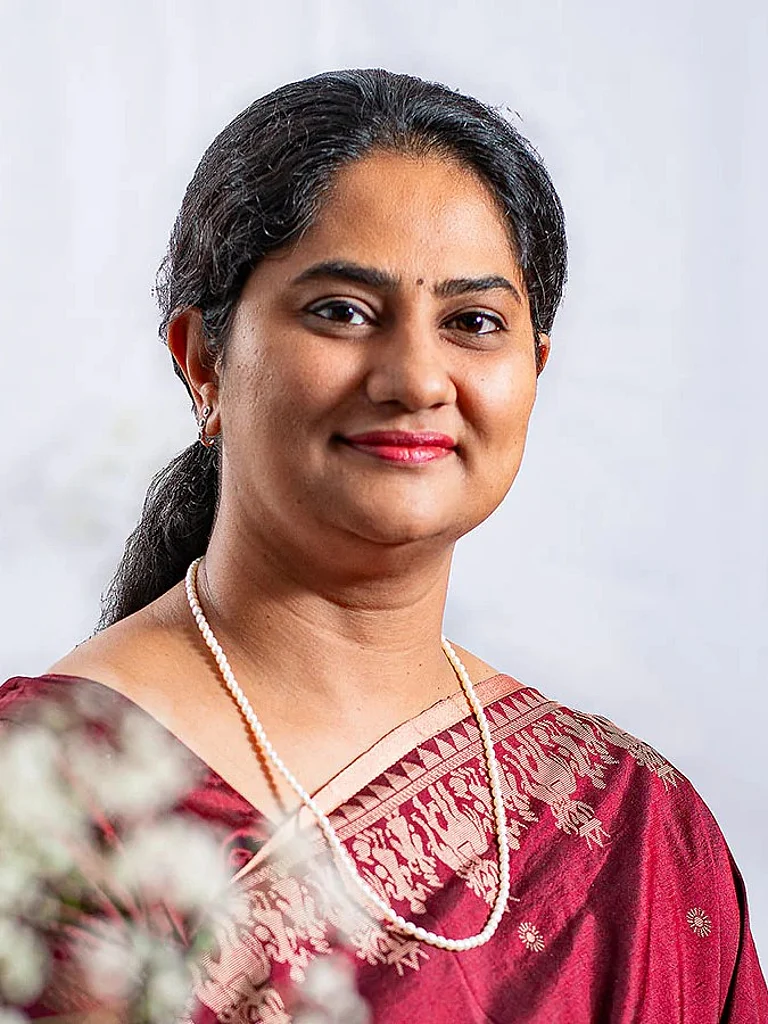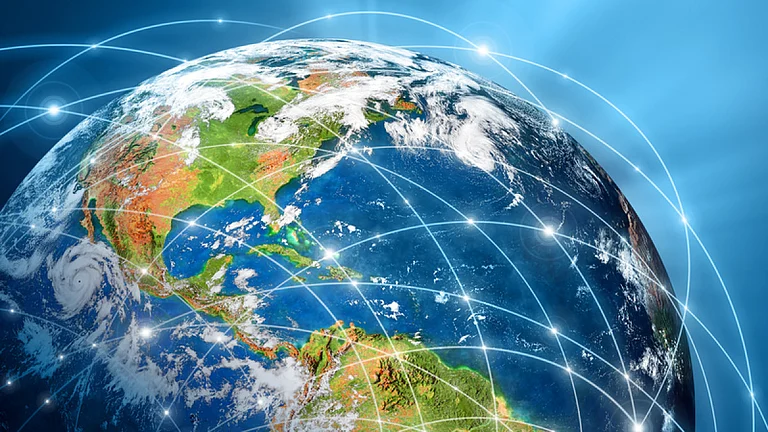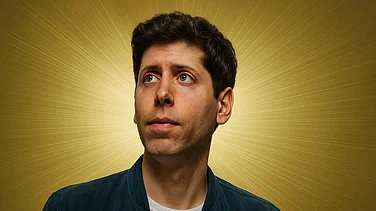US chipmaker Nvidia is bullish on India’s digital future, seeing the country not just as a hub of innovation but as a creator of digital experiences with global relevance. “India is a land where sovereign, local, digital experiences can be curated, built and, more importantly, surplus that can be exported,” said Vishal Dhupar, Managing Director for South Asia at Nvidia.
From creators and engineers to scientists and storytellers, Dhupar believes AI is the tool that will empower Indians across disciplines to turn ideas into reality, and share them with the world.
Dhupar’s remarks come amid a flurry of initiatives by Nvidia in India, including major partnerships with domestic tech giants such as TCS, Infosys and the government. Last year, the American chipmaker teamed up with firms like Reliance to develop AI infrastructure and launched a Hindi-language large language model.
While the company remains optimistic about India’s potential, Dhupar declined to comment on the impact of U.S. tariffs and rising geopolitical tensions on Nvidia’s global operations. “We'll skip that one right now. Let's see how things happen,” he said when asked about the tariff war happening between USA and other countries, specifically China.
For instance, to counter China’s military tech progress, the U.S. added 80 entities from China, the UAE, South Africa, Iran, and Taiwan to its Entity List in March 2025. The aim of this was to restrict access to critical U.S. technologies for military or security-sensitive applications. India, initially placed under Tier 2 of the U.S. “AI Diffusion Rule” in 2023, faced curbs on high-end AI chips but saw those lifted in May 2025 after pushback from U.S. tech firms.
The comments were made by Dhupar during the Waves 2025 summit in Mumbai, which focused on the creator economy. One of the key announcements at the event was the establishment of India’s first Indian Institute of Creative Technology, to be set up in Mumbai with a central government allocation of Rs 400 crore. Union Minister for Information and Broadcasting Ashwini Vaishnaw shared that the Maharashtra government has allotted land for the institute, and tech heavyweights like Nvidia and Google are on board as strategic partners.
Explaining Nvidia’s involvement in the new institute, Dhupar added, “We are hoping that if we bring in the recipes for making that university, that college, that institute formidable—where people come learn how to apply this art, the science, this engineering—they will be able to be that much productive, useful, and they'll enjoy the realization to reality.”
Dhupar emphasized how AI is becoming an essential tool across creative fields, especially for digital influencers and content creators. He added that AI’s real power lies in its versatility—it’s a resource that can be used by anyone, whether you're a scientist, an engineer, or a creative professional.
Expanding on this, Dhupar described AI as a “tool” that bridges imagination and execution. While machines play a key role in building AI, it’s ultimately about collaboration between human intent and machine capability. “If you believe something can be done, the right tool like AI, makes it possible,” he explained.
He also weighed in on the ongoing discussion around intellectual property in AI-generated content. AI, he said, doesn’t merely copy, it draws inspiration and creates something new. He likened it to architecture: just as one iconic building can inspire others to innovate and improve, AI tools help creators evolve and refine their work.







